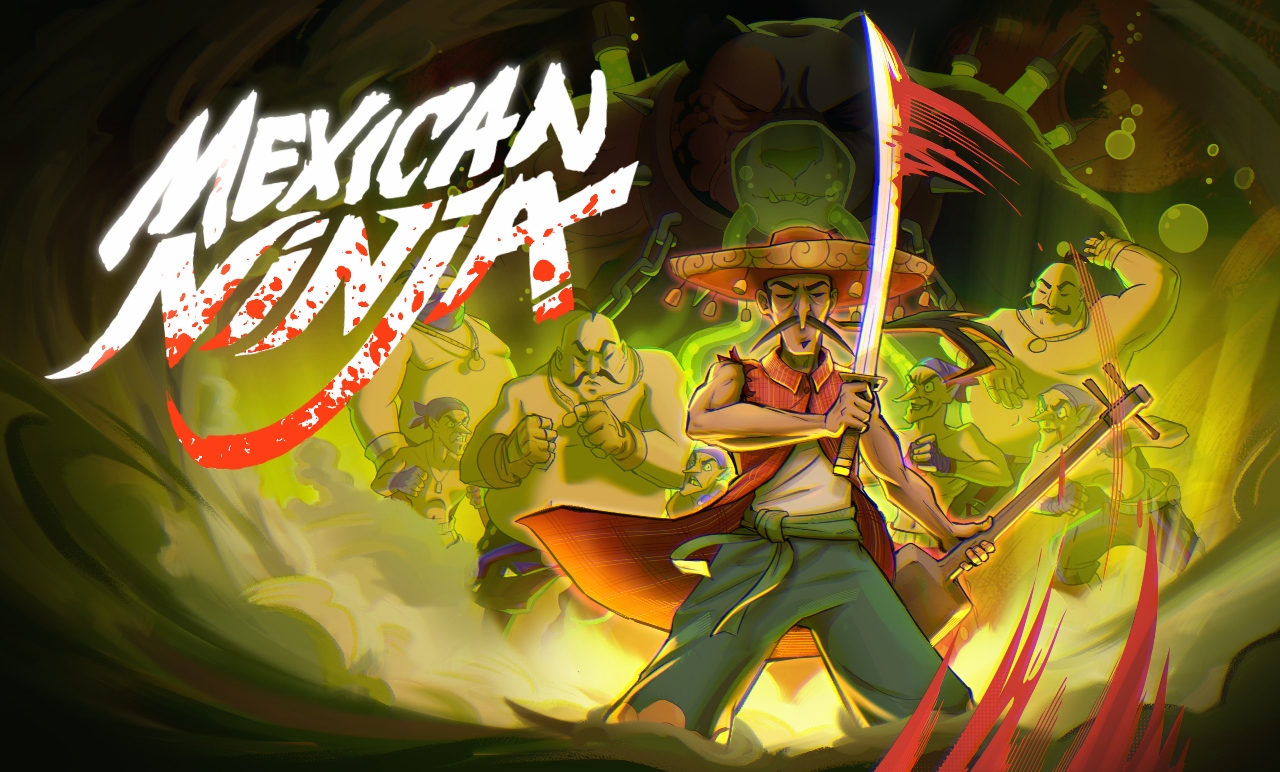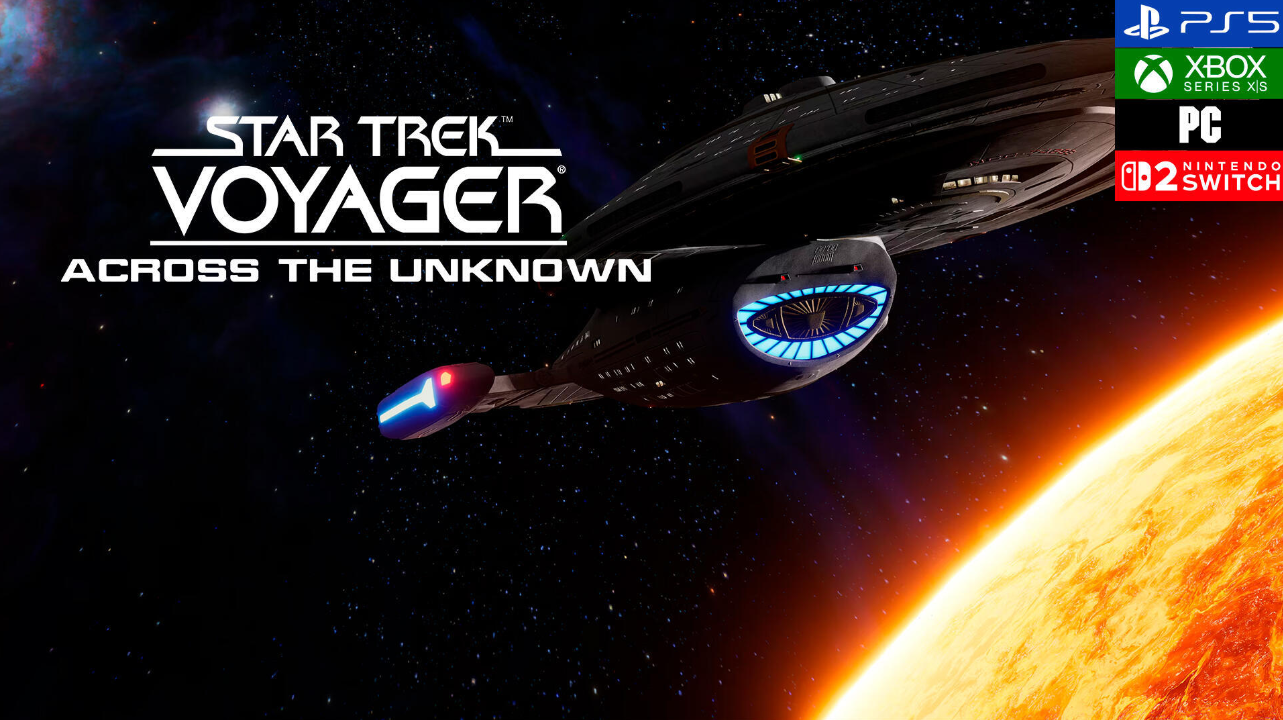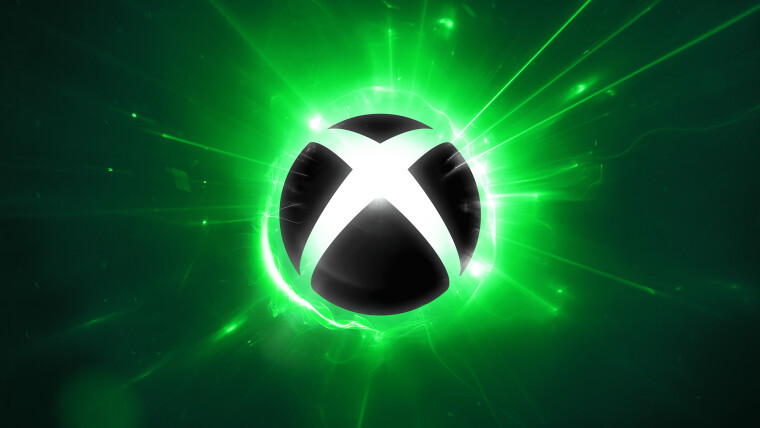Along with RTAO for high-end systems, the PC port supports Intel’s XeGTAO. Ray-tracing details for AMD GPUs are also coming soon.
Details on Ratchet and Clank: Rift Apart’s PC version went live prematurely, from the system requirements to how it utilizes DirectStorage 1.2 GPU Decompression. In the official PlayStation Blog post, Insomniac Games spoke more about other PC-exclusive features like ray-traced ambient occlusion and ray-traced shadows.
Graphics programmer Menno Bil broke down how ambient occlusion works and the different techniques used, and while not too demanding, “They do not provide physically accurate results.” Ray tracing ambient occlusion, on the other hand, lets the team “further enhance the realism of ambient occlusion in the game. We have implemented RTAO as an addition for those with high-end systems with ray-tracing compatible hardware and processing power to spare.”
Support for XeGTAO (Intel’s Ground-Truth Ambient Occlusion solution) is also available. While it doesn’t provide the same realism as RTAO, the performance hit isn’t as severe. Available on all GPUs, it’s on the level of HBAO+ and may be worth trying out.
Insomniac also reiterated that while Ratchet and Clank: Rift Apart is enjoyable on minimum requirements with an HDD, it encouraged the use of “an SSD in combination with the recommended system requirements or higher, to experience the game’s signature dimension-hopping gameplay as originally intended.” AMD GPU users can also expect details on ray tracing “soon.”
Ratchet and Clank: Rift Apart launches on July 26th for PC.







